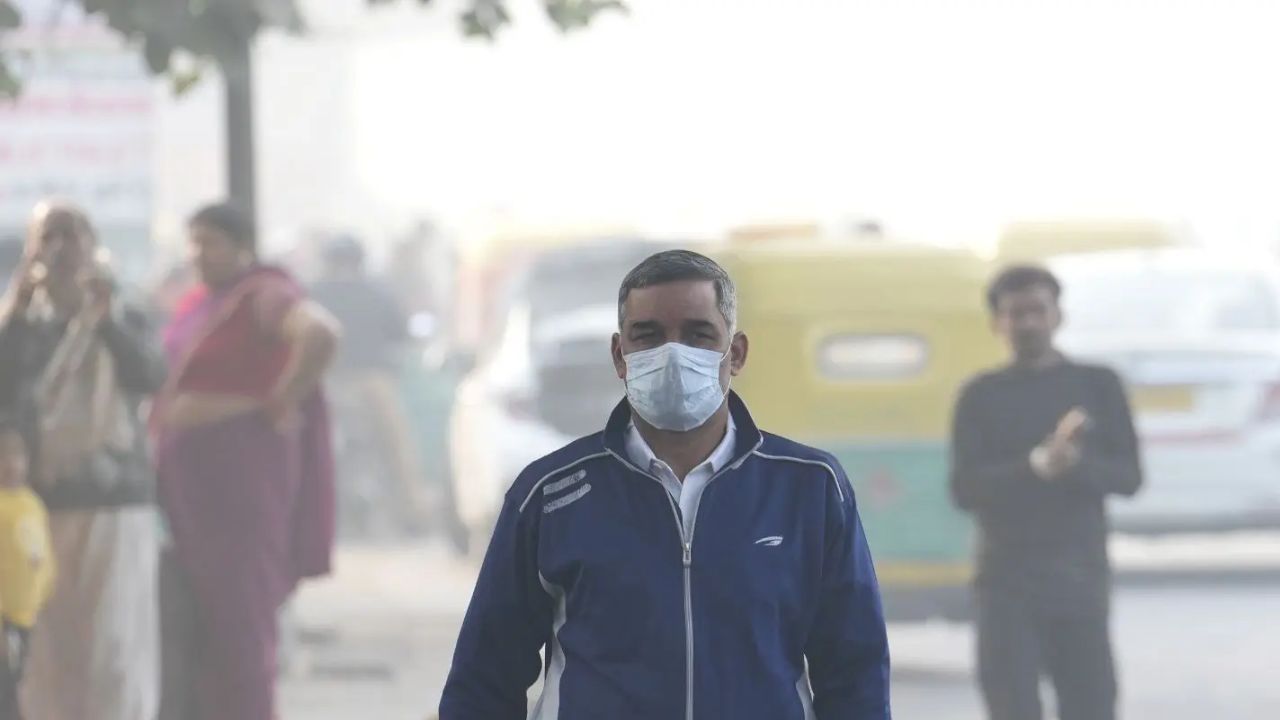 English
English

With the Air Quality Index in Delhi plunging into the “severe” category, the Supreme Court of India has sounded an unprecedented alarm, stating that masks alone will not protect residents and that the situation could cause permanent damage. The bench expressed frustration over the delay in adopting virtual hearings while urging immediate use of online facilities.

SC Calls Delhi Pollution Crisis “Very Serious”
New Delhi: Amid toxic air and severe pollution in the national capital, the Supreme Court today described the situation as "very serious," saying that wearing masks alone would not provide protection. A bench of Justices P.S. Narasimha and A.S. Chandurkar questioned lawyers during hearings, questioning why they were attending court despite the availability of virtual facilities. They said, "This pollution... will cause permanent damage."
During the hearing, senior advocate and Rajya Sabha MP Kapil Sibal said, "We are using masks." Justice Narasimha strongly remarked: "Masks are not enough. We will have to discuss this with the Chief Justice as well." Thus, the court directed the adoption of virtual hearings and taking the public health emergency seriously.
This morning, the Air Quality Index (AQI) was recorded above 400 in several areas of Delhi—which falls in the "severe" category. In light of this situation, the third phase of restrictions under the Graded Response Action Plan (GRAP) has been implemented. These include:
The court specifically sought detailed reports from the state governments of Punjab and Haryana on the causes of stubble burning, a practice that significantly contributes to the air pollution in Delhi-NCR. Senior advocate and amicus curiae Aparajita Singh, assisting the court, pointed out discrepancies in the recorded data.
The case will be heard again on Monday. The court stated that merely issuing orders is not enough; the state governments will also be responsible for implementing them on the ground. The implication of this directive is clear: Delhiites will not be left alone in their fight against air pollution.
Thus, this time the Supreme Court not only demanded immediate action but also warned of the long-term consequences.